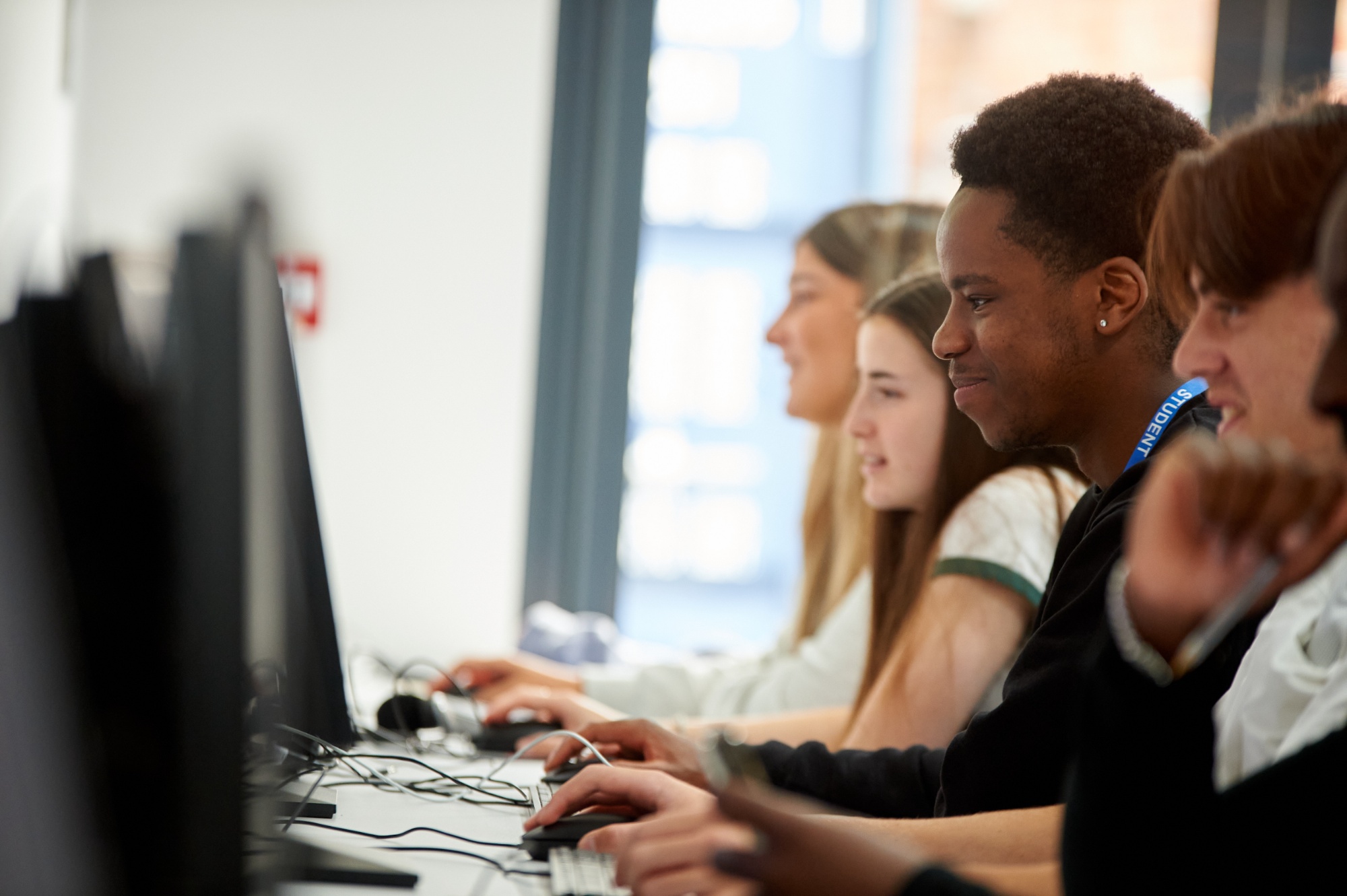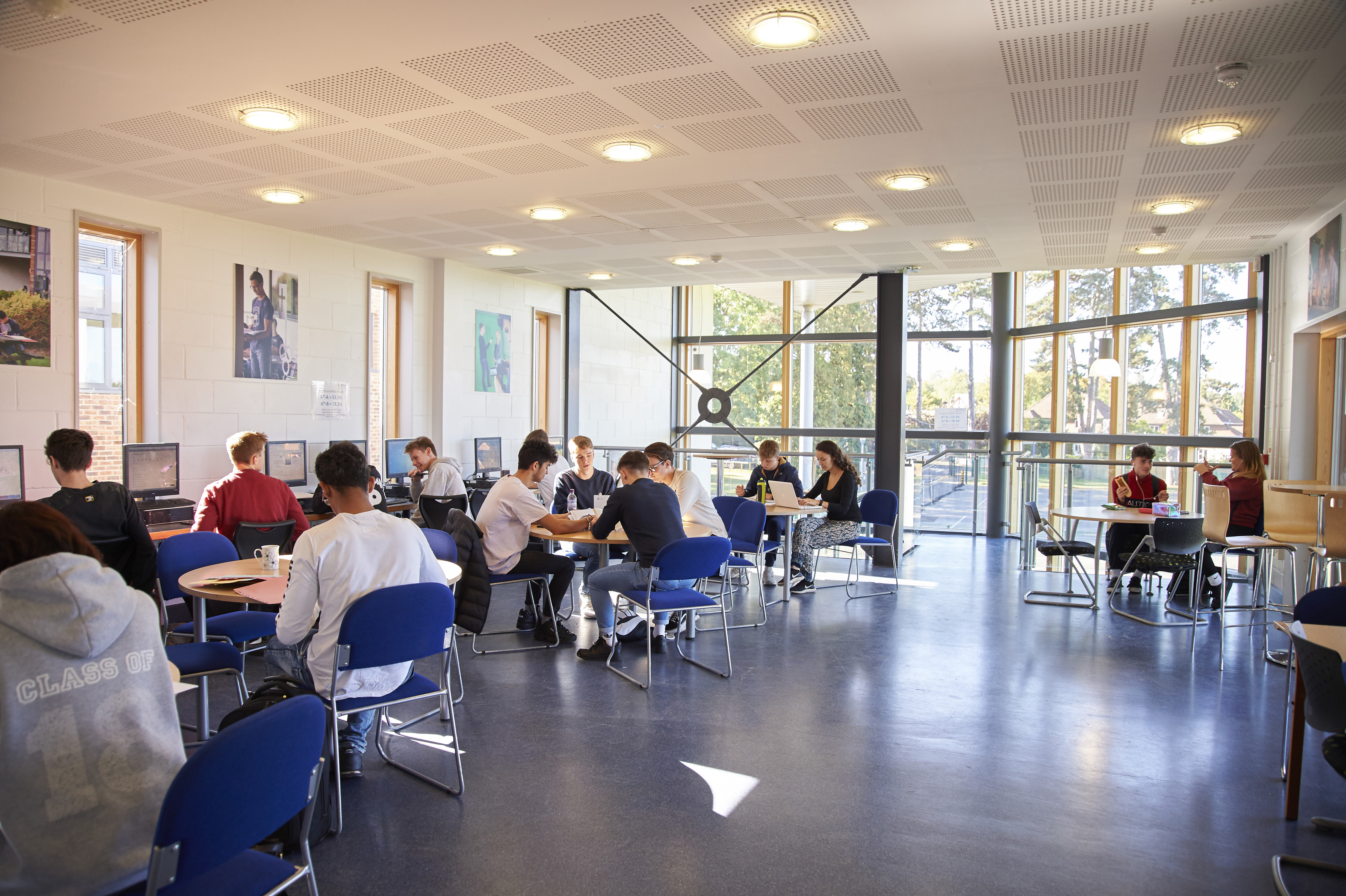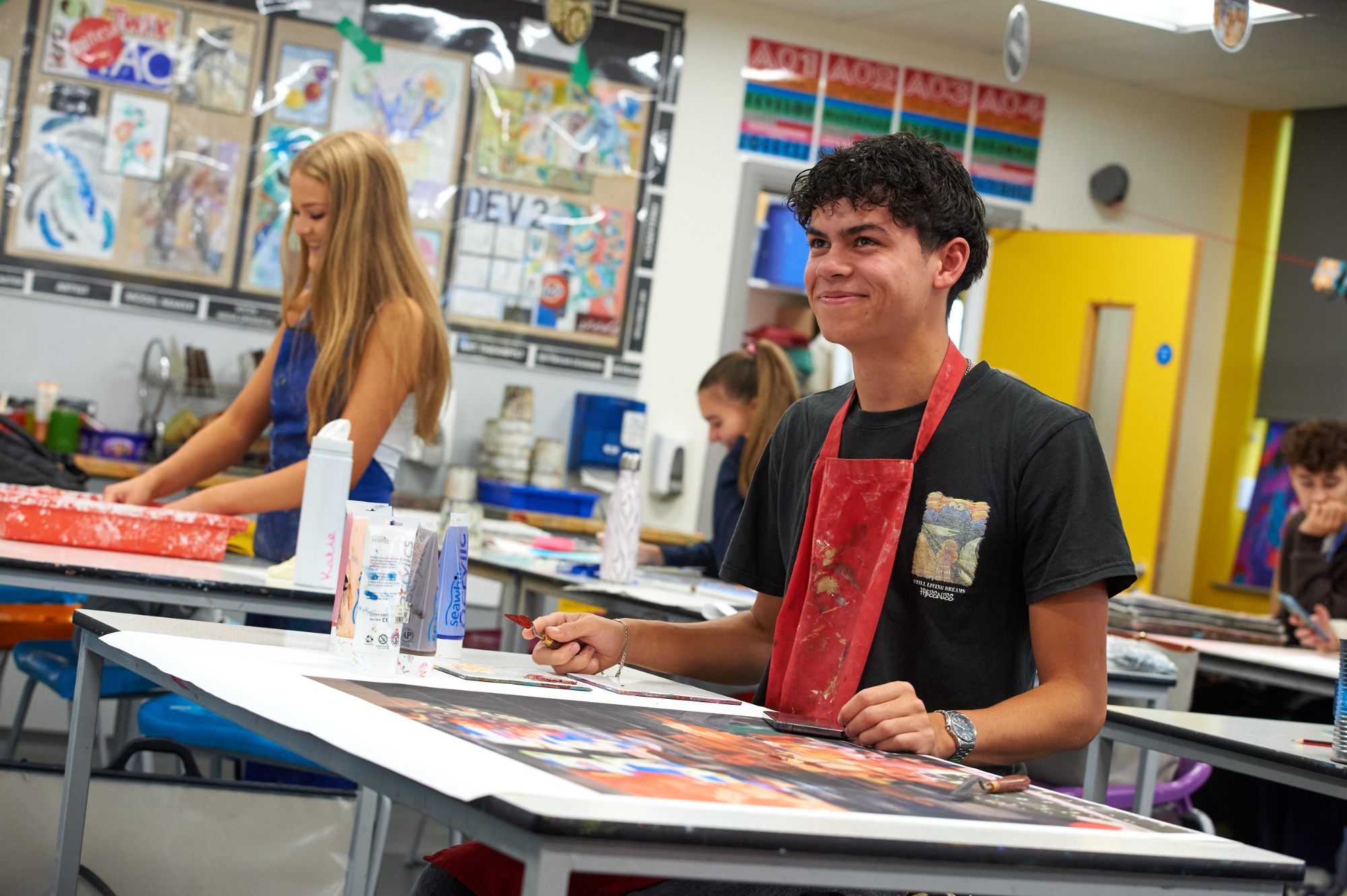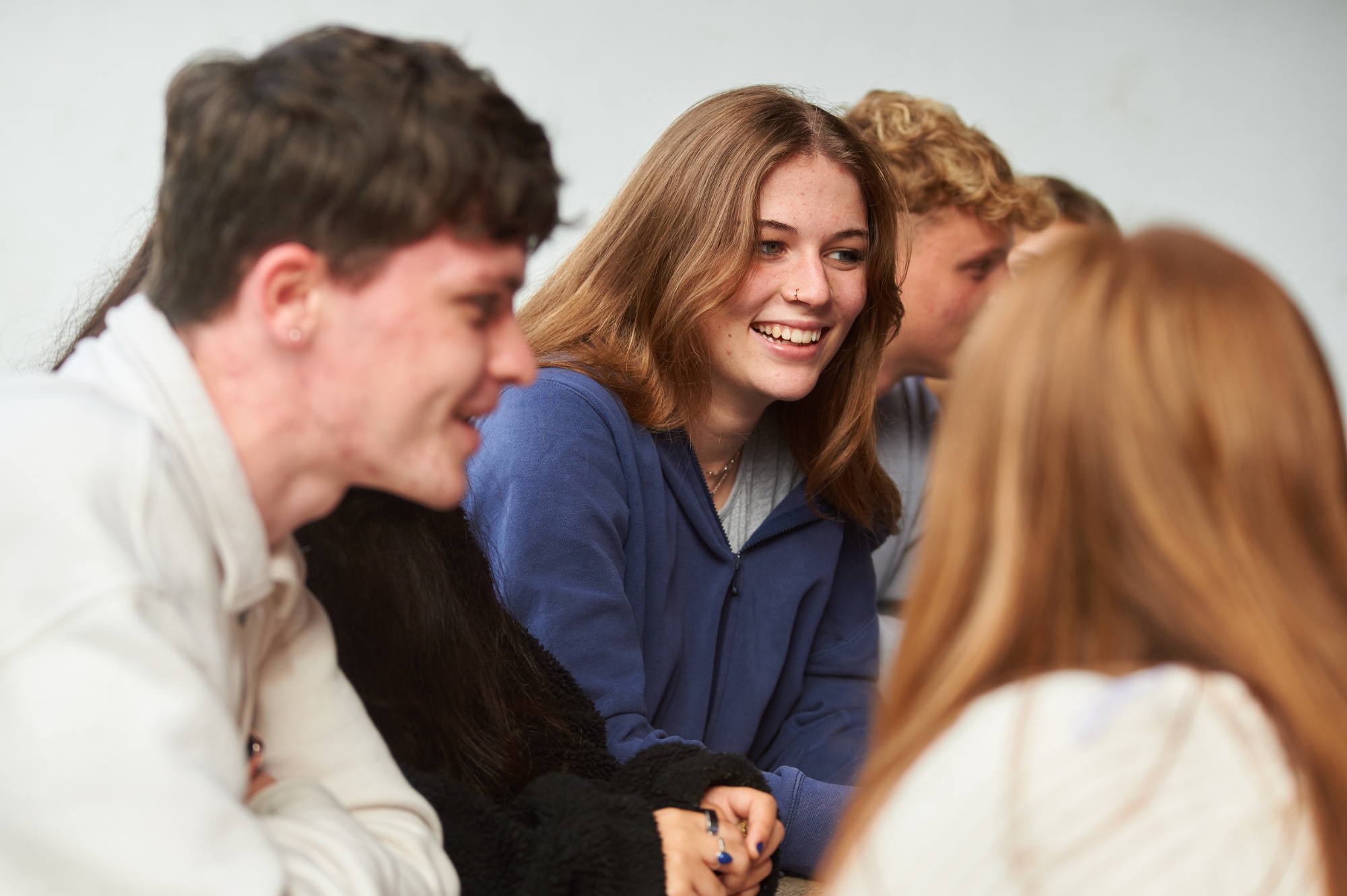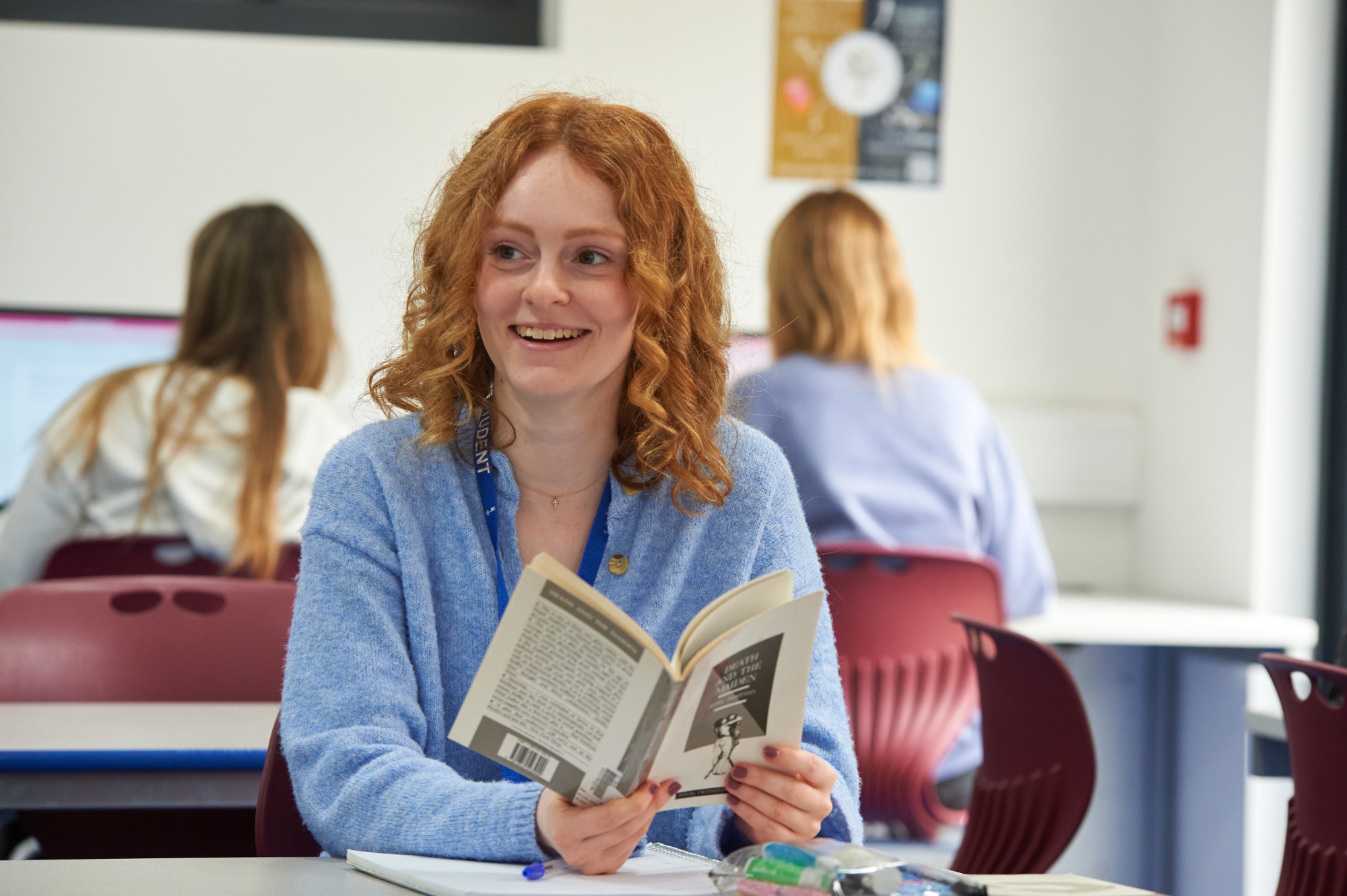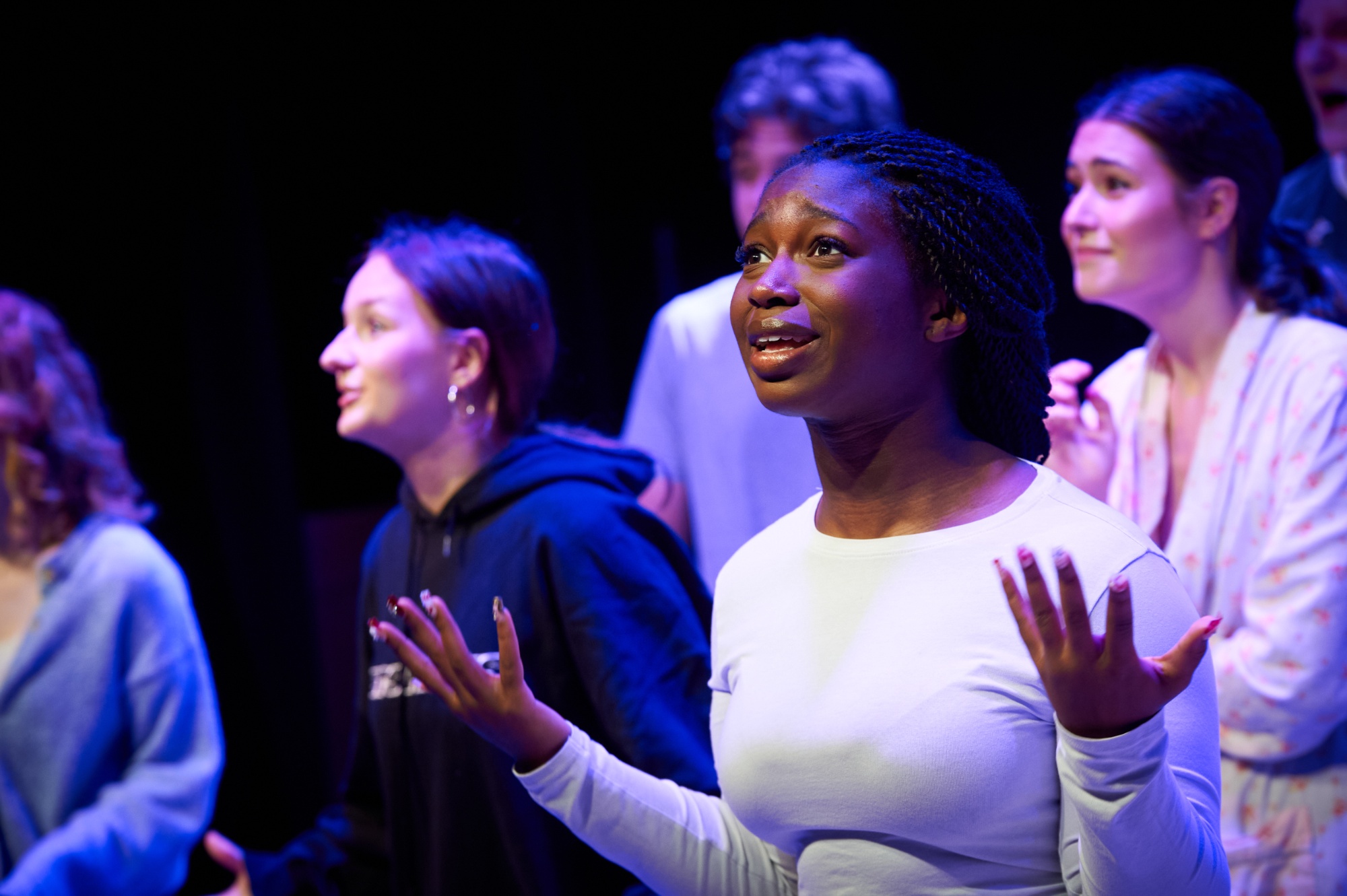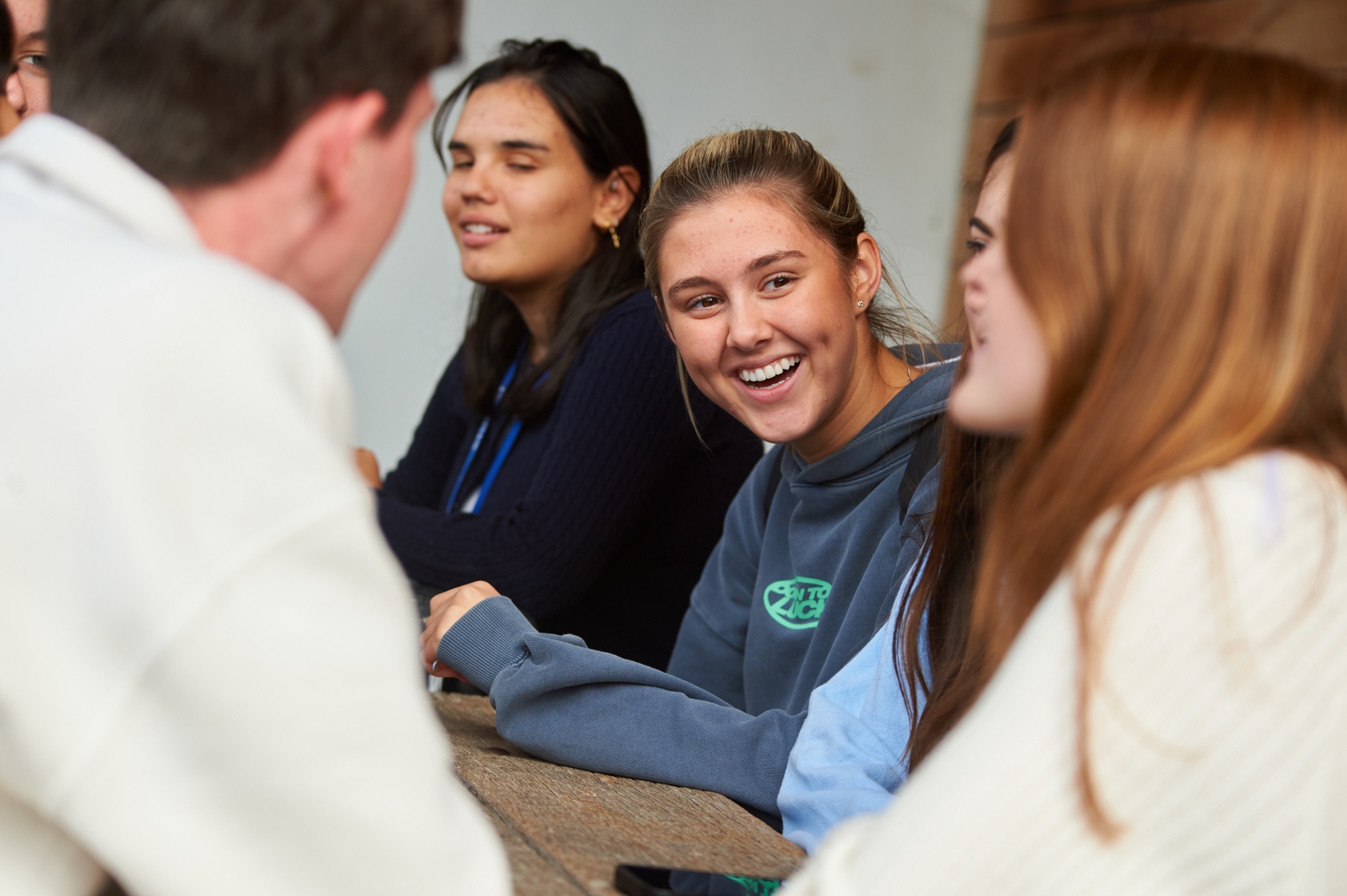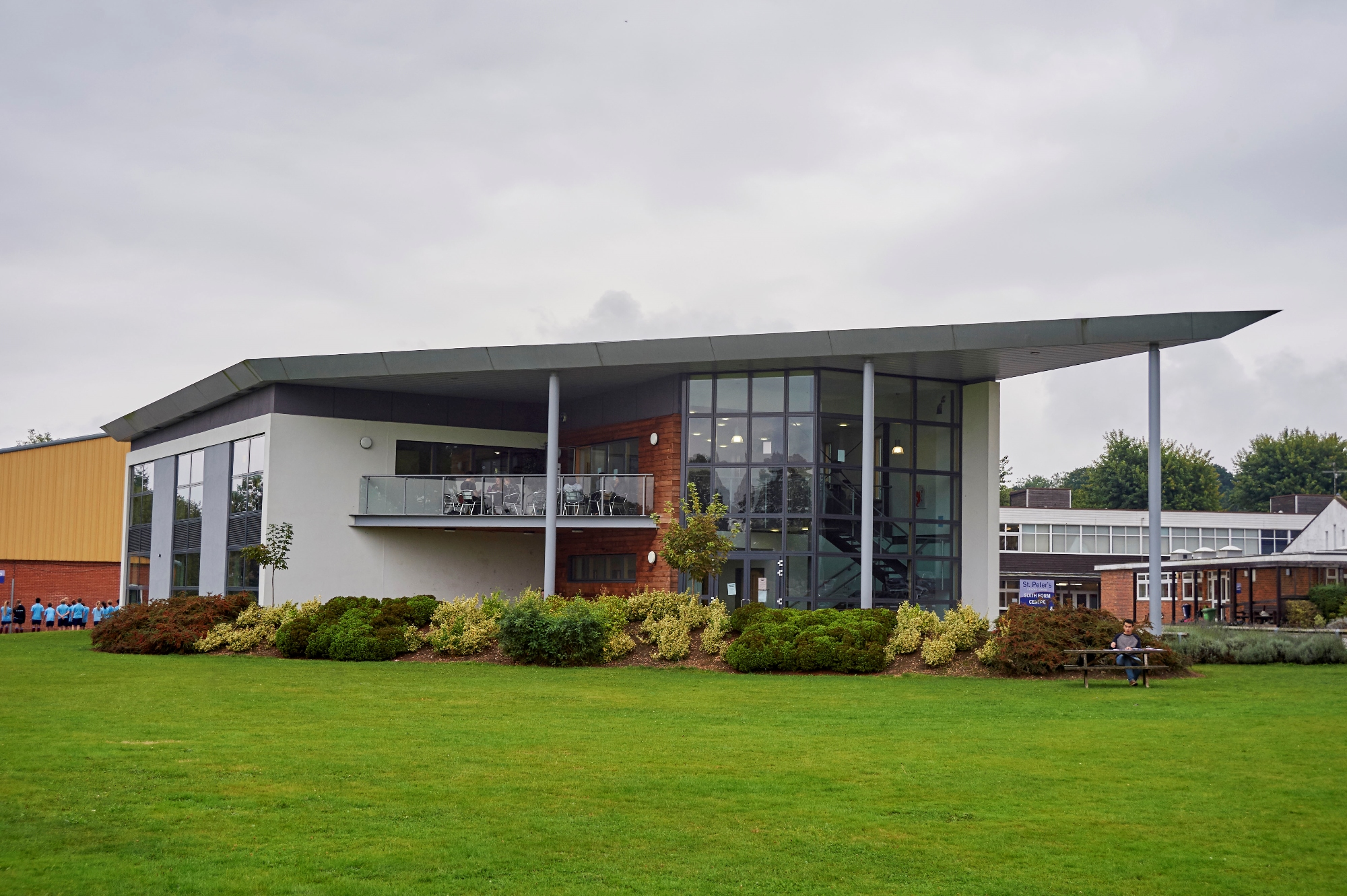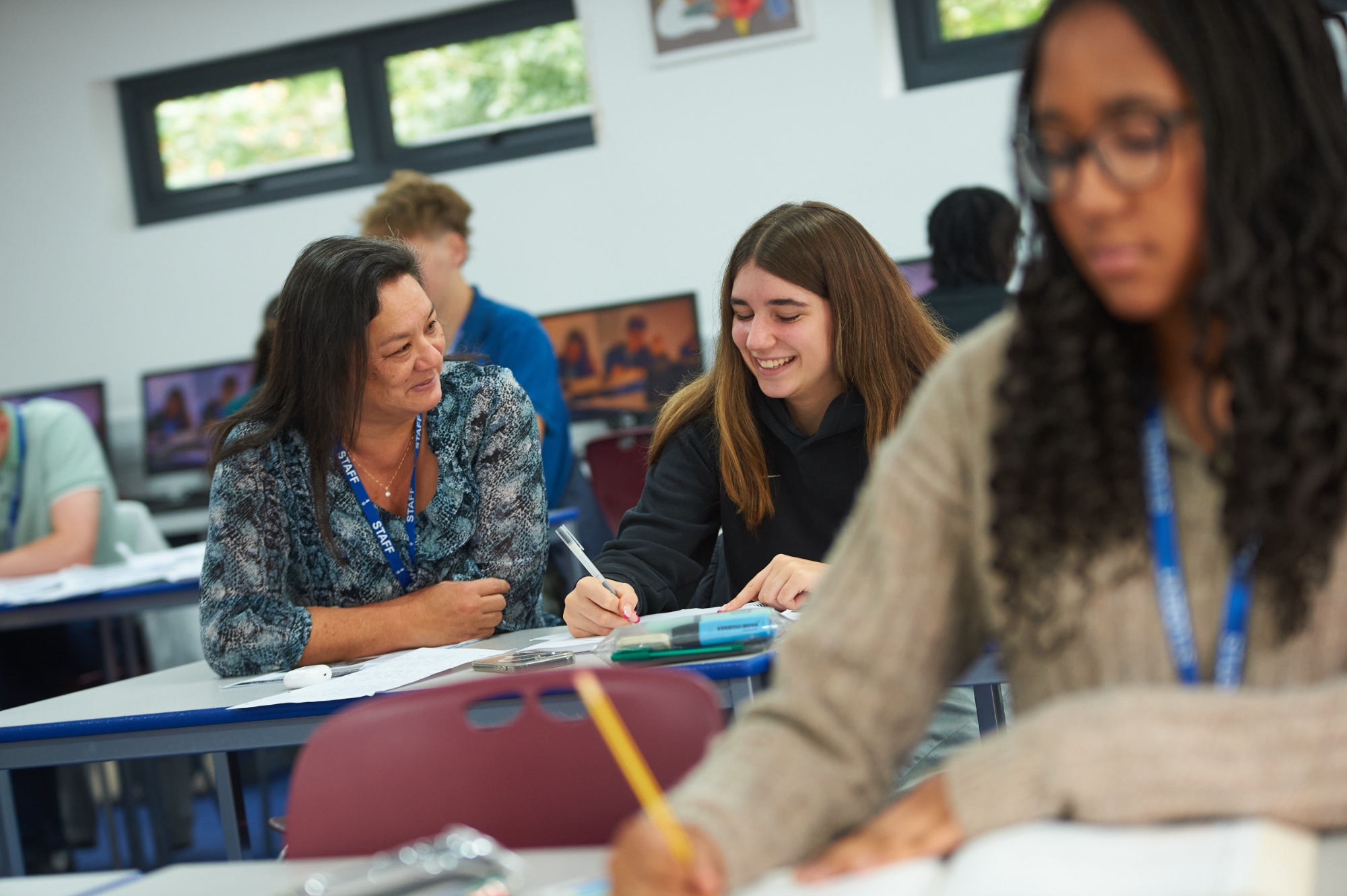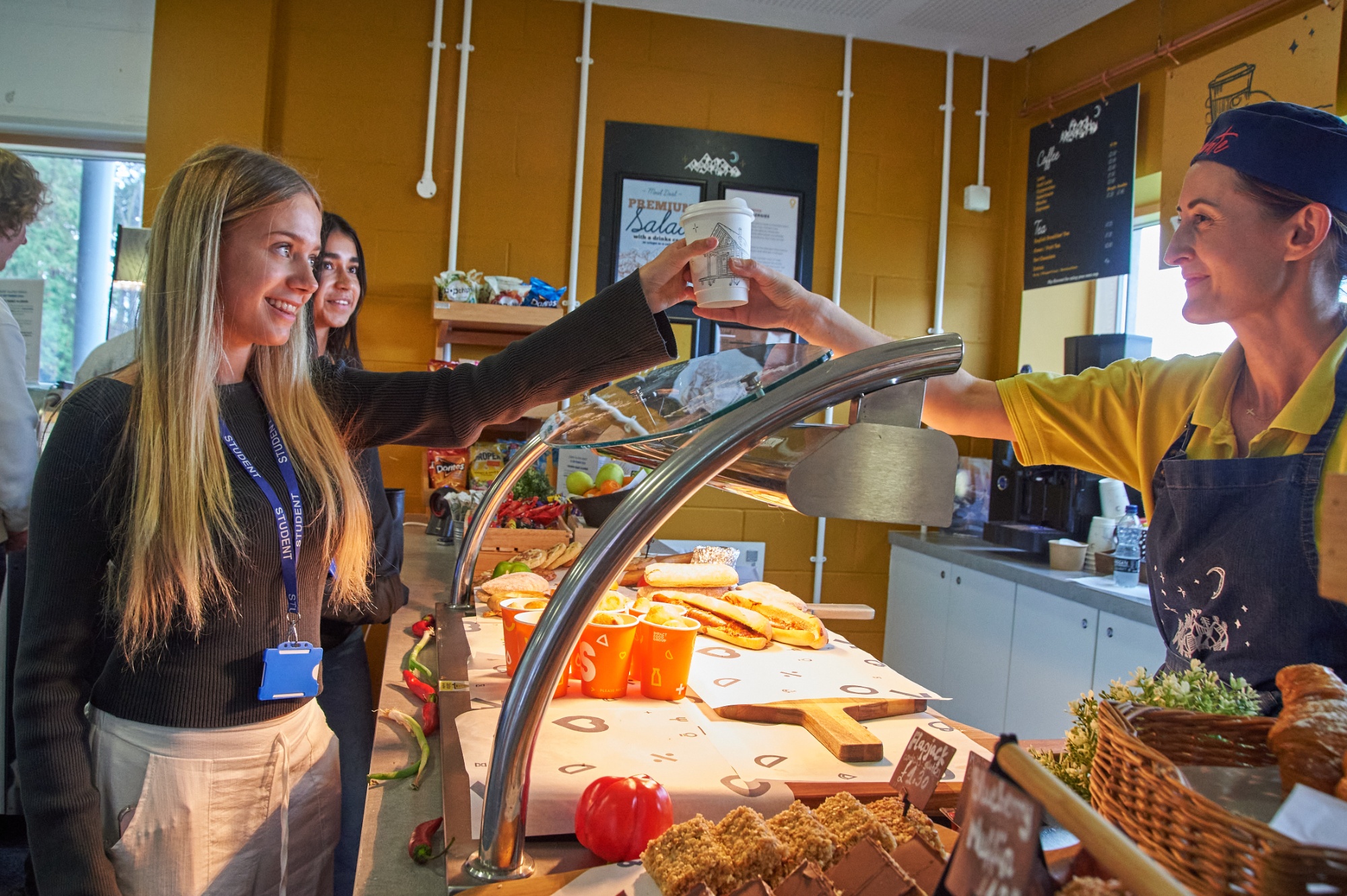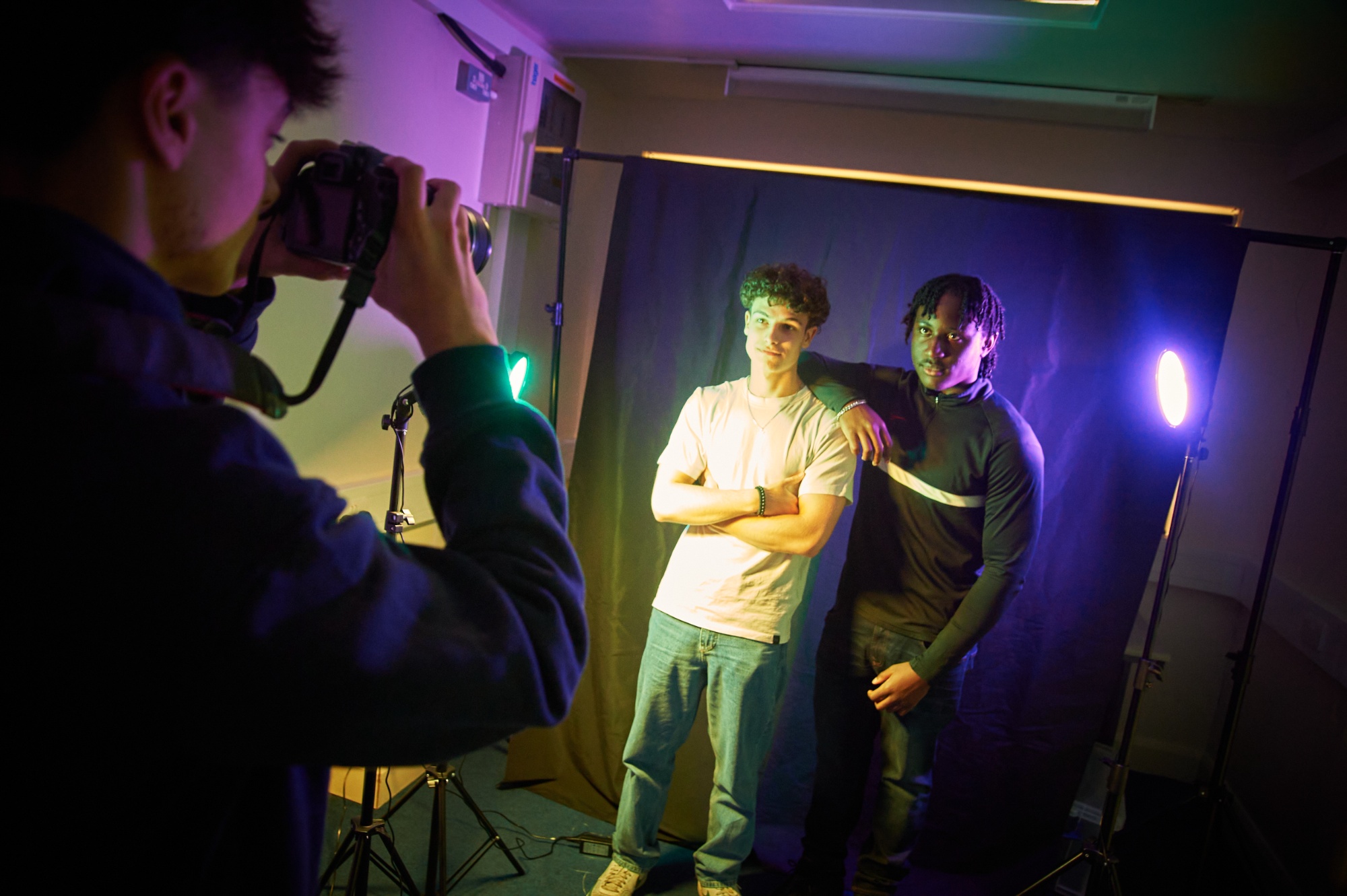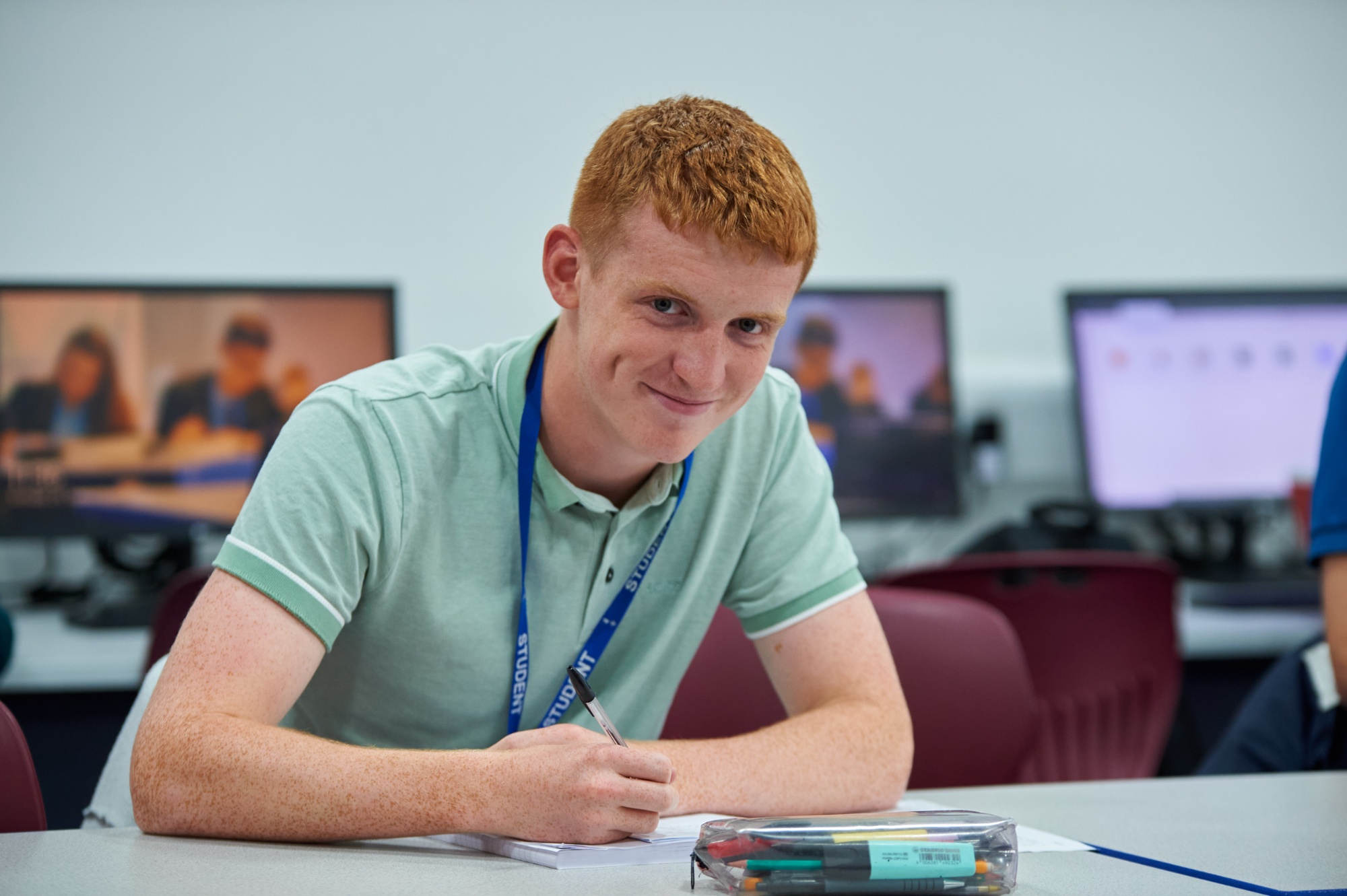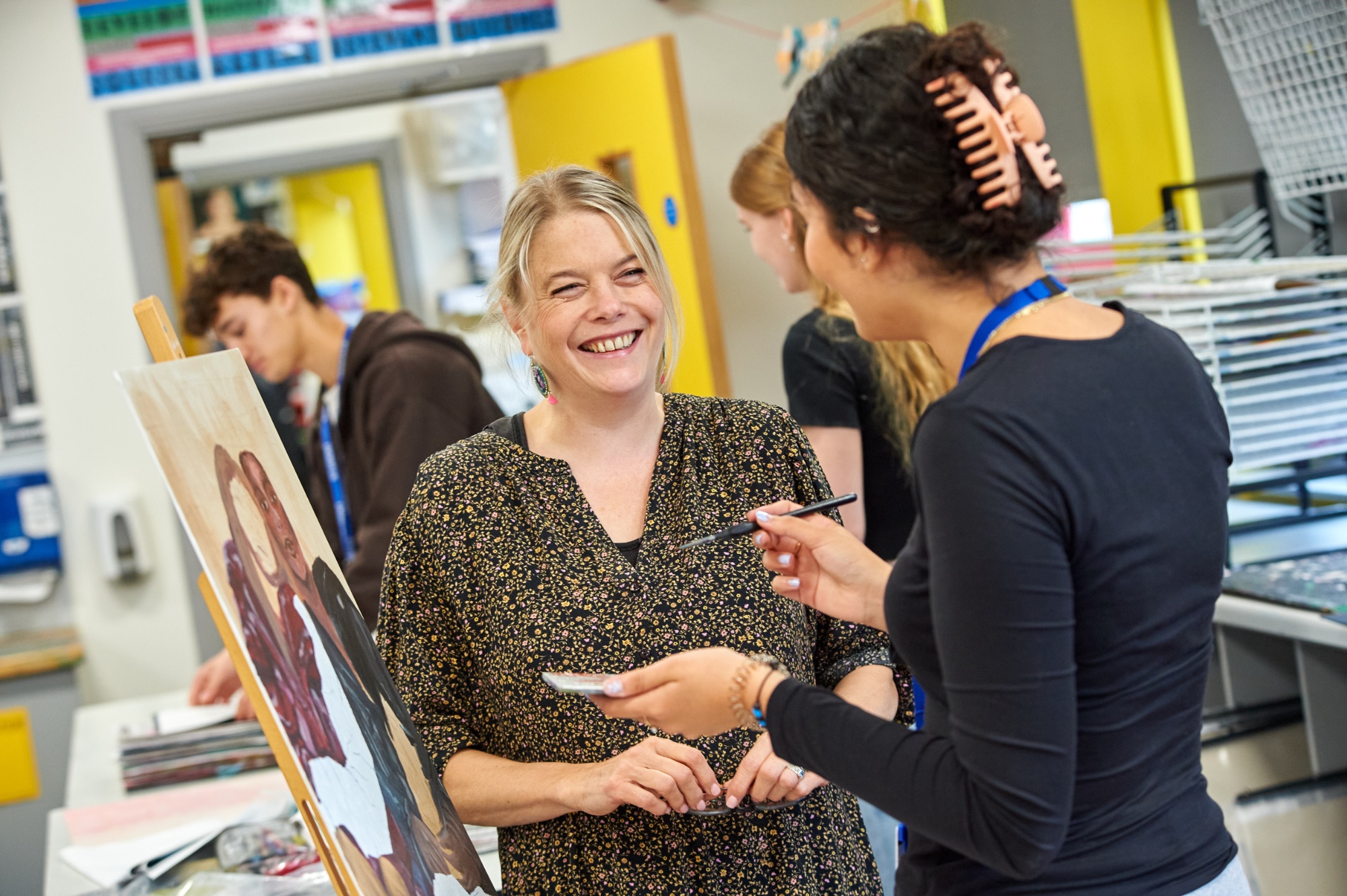Photography
Ms S Cox and Mrs C Jones
Joint Heads of Department
THE TEAM
| Ms S Cox | Teacher of Art and Joint teacher in charge of Photography |
| Mrs C Jones | Teacher of Art and Joint teacher in charge of Photography |
| Mrs J Kemp | Teacher of Art and Art Technician |
INTRODUCTION TO THE DEPARTMENT
Photography is taught within the Art Department at St Peter’s and students have access to a dedicated computer room throughout the course. The A Level consists of the introduction to digital photography and digital post-processing, with students regularly using software such as Adobe Photoshop.
In Year 12, we start by teaching the students how to find their way around a DSLR camera. Students gain an understanding of the exposure triangle through practical experimentation. Later we explore Photoshop and the idea of working to a theme or brief.
Throughout the course, the students will be printing off their shots and presenting them both in sketchpads and as loose outcomes.
In Year 13, students will have individual ownership over their intentions and pathways. They start by identifying their own theme for a project.
WHY STUDY PHOTOGRAPHY?
Our aim in A Level Photography is to expose students to the creative possibilities of digital art using the medium of photography. The course is available to all students at St Peter’s who wish to study the subject, regardless of prior knowledge and previous GCSE choices. Students are encouraged to undertake extensive artist contextual research and to create personal responses inspired both by other famous photographers, past and present.
The facilities available to photography students include a dedicated computer suite for editing shots and for mastering Photoshop as well as our art room studio spaces. Throughout the course, students will document their work in large sketchpads and Tech books. They will also have the opportunity to display their final pieces work in a Year 13 end of course exhibition.
All students must have their own DSLR camera.
They will require relevant software on home computers or be committed to additional studio time after college hours to use our dedicated computer suite. In addition to this they will need to undertake regular field work (location shoots) to fulfil the course criteria. Students will be required to purchase photographic paper and foam board throughout the course.
FUTURE ACADEMIC AND CAREER PATHWAYS
There are a number of post A Level Photography, Arts related routes, that students might wish to follow. These include: fashion journalism, fine art photography, cinematography (Film/TV), photojournalism, underwater/marine photography, wedding/portrait photography.
This is by no means a comprehensive list of the paths a photographer can take in the 21st century. There are creative opportunities for image-makers to work in almost every creative industry.
COURSE CONTENT
Students will be studying the Eduqas syllabus.
Year 12
In Year 12, you will develop an understanding of the camera and its many functions, undertake photo shoots, respond to a working brief and edit and manipulate your images using a variety of methods (both physical and digital).
Year 13
You will develop your portfolio based upon a Personal Investigation. For this unit of coursework, you will continue to explore areas of photography and digital design that are highly personal to your own interests. You will also need to write a 1000 – 3000 word essay.
In the spring term, you will respond to an Externally Set Task (exam unit) exploring ideas, processes and techniques relating to the starting point chosen.
Both components will make up a large part of the portfolio needed to progress onto academic courses or into a photography based job sector.
ASSESSMENT
Component 1 (60%): Personal Investigation. An in-depth study, set by the student focusing on a particular theme or interest, supported by written material. Internally assessed and externally moderated.
Component 2 (40%): Externally set assignment which is published on 1st February. Students select a starting point from an exam paper, using this they create a portfolio of work in preparation for a timed exam. Internally assessed and externally moderated.
EXTRACURRICULAR OPPORTUNITIES
- Visits to local and national galleries
- European/UK study visit
- Visiting photographers
COURSE REQUIREMENTS
Grade 5 in GCSE Art and Design, however, we do encourage students who have not done GCSE Art to contact us directly.
A DSLR camera (NB: The London camera exchange shop in Tunsgate square, Guildford sells fully refurbished cameras at a reasonable price).
 Follow us on Instagram to see the students’ work
Follow us on Instagram to see the students’ work
stpetersphotography1

